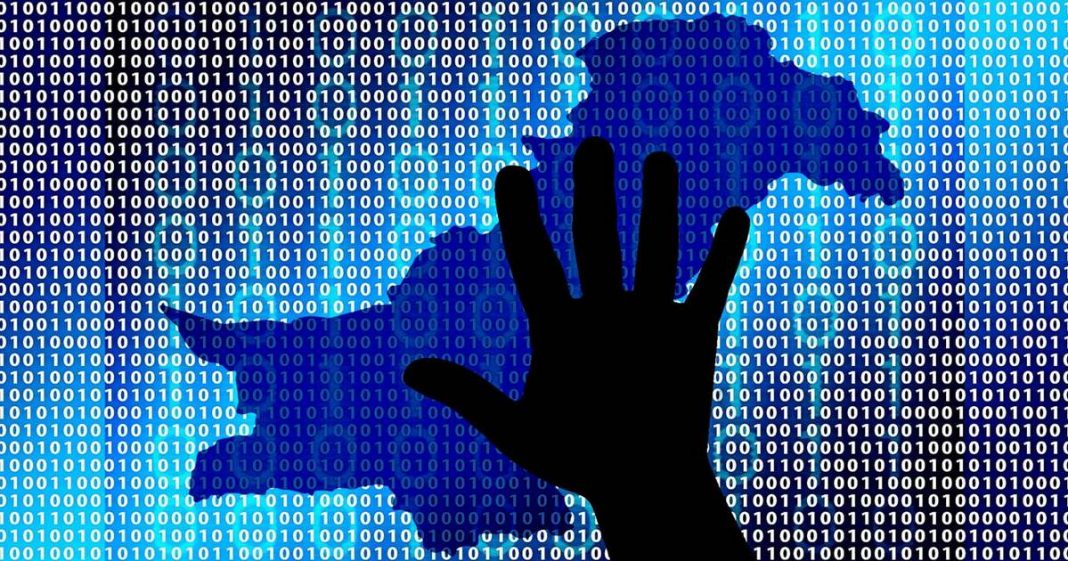The Internet has become an essential part of our lives. Living without it in the 21st century seems mission impossible. With an increasing dependency on the internet, cyber space has been increasingly viewed as an area of power competition and power contests. Cyber warfare involves those tactics, means, and tools which allow an entity to achieve success by inflicting maximum collateral damage to its potential adversary. There are several advantages of waging a war in cyberspace. The users do not have to spend hours covering vast distances for reaching their target.
Targeting a potential adversary is within the grasp of the operator. It can inflict damage in seconds and even in microseconds. Cyberspace is also used for spreading propaganda, stealing national secrets, and inducing fear in the general public. Even our personal gadgets can be used against us. Most importantly, there are no rules when it comes to waging cyberwar. Countries are using computers and the internet to cripple their enemies. This includes the destruction of infrastructure, economic, psychological, and other societal harms.
Read more: How Pakistan is reeling under major cyberattacks?
Emergence of cyber-attack
Cyber-attack emerged as an imminent threat back in 2017, when an Iranian nuclear project was sabotaged. The centrifuges at the Natanz nuclear facility were destroyed by a malicious computer worm called ‘Stuxnet.’ It is widely believed to have been a joint operation of unit 8200 (Israeli Intelligence Corp) and the National Security Agency. Similarly, back in 2015, Ukraine’s power grid was also hacked. Hence, making humans and critical infrastructure vulnerable to cyber threats. Moreover, Steve Morgan in his book ‘Who’s who in Cyber Security’ hypothesizes that Cyber-crimes will cost the world $10.5 trillion annually by 2025.
Pakistan being a developing country is facing many challenges in the cyber domain. According to the International Telecom Union (ITC), Pakistan ranks 79th in the ‘Global Cyber Security Index.’ A country like Canada spends up to $1 billion on cyber security. Similarly, India on the other hand has moved up by 37 places as the 10th best country in the world by ‘Global Cyber Security Index’ on June 29th, 2021. The recent cyber-attack by Israeli spyware ‘Pegasus’ on Pakistani officials, including the cell phonic details of Prime Minister of Pakistan, Imran Khan, compelled them to formulate and approve the ‘National Cyber Security Policy 2021’ in the federal cabinet.
The policy states, that a cyber-attack on any institution of Pakistan will be considered an act of aggression against national sovereignty, and major retaliatory steps would be taken in the future to similar attacks. Although, cyber security breaches have directed countries’ attention towards such threats, however, formulating such policies alone might not be enough in countering cyber threats. Pakistan is considered to be the fifth largest country in terms of population.
Read more: Worldwide implications of Cyber-warfare?
Where does Pakistan stand?
According to 2017’s UN Population fund report, approximately 63 percent of Pakistan’s population consists of youth aged between 15-33 years. Pakistan needs to invest more and more in the cyber domain by providing the youth with opportunities in equipping them with advanced skills and knowledge. Hackers sitting behind the computers are not aged people but in fact youngsters with sharp minds and polished skills. As Pakistan is moving towards digitalization, it is high time for Pakistan to invest in its youth, as they are blessed with immense talent. Any government on its own cannot tackle such threats. It needs to engage with the youth by introducing skill-enhancing programs both at the provincial and national levels. Doing so, will polish their skills and create job opportunities for the youth in various departments as well.
The world is advancing at a rapid speed in the cyber domain. It is also believed that the dynamics of warfare will transform with the inception of cyber. Unconventional warfare with strategic impact (in the form of cyber-warfare) will replace traditional conventional warfare. Countries that have realized the risks of cyber warfare and the importance of cyber security have already started working in becoming the most technologically advanced states. The increase in the level of communications, reliance on technology, will, therefore, increase the risks of cyber-attacks both at the individual and international levels.
Read more: EXPLAINER: What is hybrid warfare?
Another biggest problem awaiting in the near future is the emergence of cyber terrorists who are interested in attacking critical infrastructure rather than just financial attacks. People need to understand that cyber terrorists have skills and resources that allow them to launch weapons within a second from one country to another, causing a catastrophe. What grave concern lingers is that any isolation from the technological world at both levels seems inevitable. Therefore, it is necessary for the world in general and Pakistan, in particular, to protect and secure the lives and properties of individuals and its national assets by improving and advancing the overall cybersecurity framework in the country.
Muhammad Adil Khan is working as Research Assistant in Balochistan Think Tank Network (BTTN), Quetta. The views expressed in the article are the author’s own and do not necessarily reflect the editorial policy of Global Village Space.













